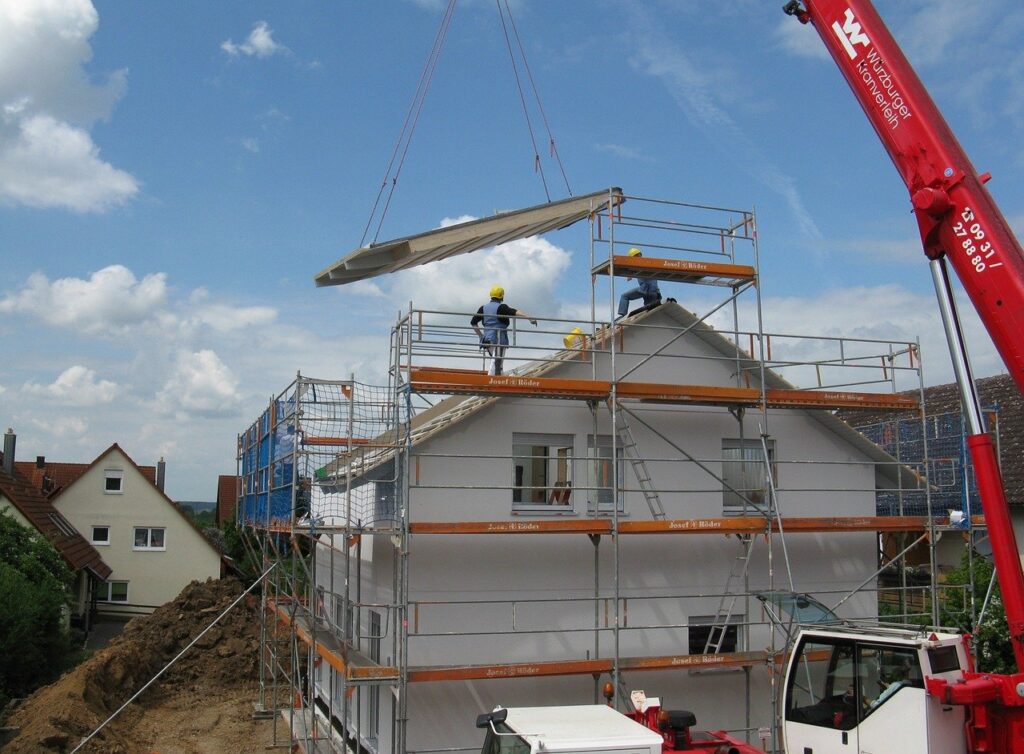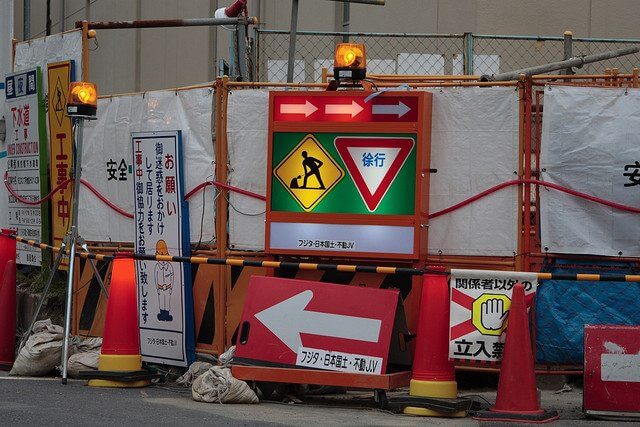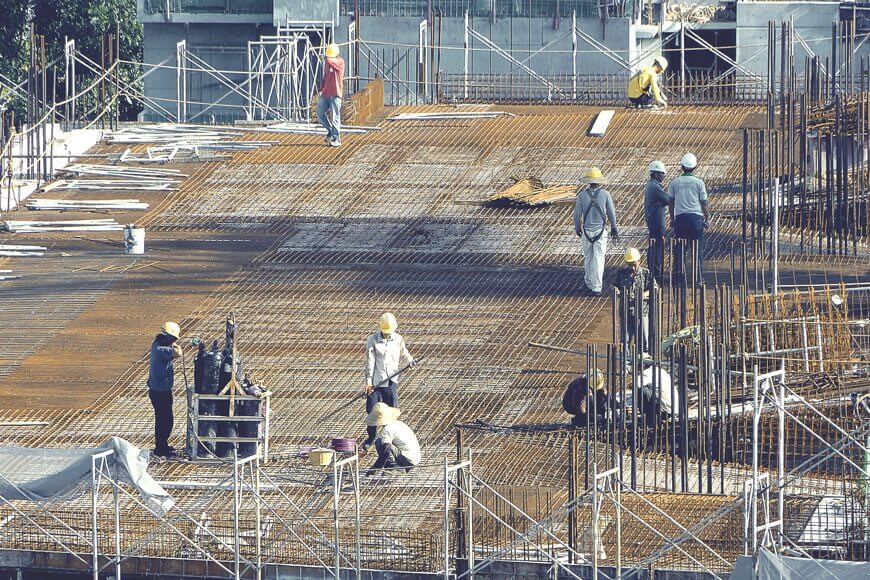Global warming is one of the main reasons why sustainable housing is ideal for future construction. Sustainable homes do not only help the environment by reducing the overall environmental impact during and after construction, but it contributes towards many social and economic benefits.
Today in many countries there is a lack of housing while population growth is increasing and poverty is found all over the world. In many cases, this decreases the quality of life for the individual. One of the solutions to these problems can be sustainable housing, but whether these homes can be made affordable enough for the average Joe to own or rent is another question.
As a matter of fact, even though sustainable homes are more expensive to build, they are seen as an investment because they optimize the life cycle of the house, they tend to increase the property value and the energy consumption in the house gets minimized.
There are exceptions though, sustainable homes can be affordable, depending on the type of home you are planning to build or improve. Every now and then new technology and innovative developments are coming to the market, keeping the dream of affordable sustainable homes alive.
Technology and product developments making sustainable homes affordable
As technology is becoming more popular and its competition is rising, so do the prices become more cost competitive.
Before solar panel prices used to be sky-high, but today they are not only affordable but their quality and installation methods have improved. It is a fact that solar panels pay for themselves over a certain amount of time.
Today there are many other appliances that run on their own solar power, for instance, solar air conditioning and solar water heaters are becoming more popular.
Further reading: Why Are Green Buildings Important?
Other energy sources like wind turbines are also developing fast and can be used today on a small scale at our homes as a way to generate power.
Greywater systems and rainwater harvesting methods are becoming more popular at homes. Droughts are a big sign that our lifestyles need to change, and water tanks give us the opportunity to address this problem. Not only can we make our homes more water efficient, but we help to fight the water scarcity of our planet.
Making use of the appliance that is energy and water efficient can be installed in our home to make them more sustainable and save some extra cash. When it comes to improving old homes, this can be the first steps towards a more sustainable home. With the development of smart technology which has sustainability in the eye, we can expect only great changes to come for green homes.
Construction material
Even though we already realize that sustainable building is an investment to be made, building a sustainable home from scratch can seem overwhelming as it can be more than we budgeted for. However, building sustainability can be considered as ongoing improvements to your new home. Whether you are building new or making improvements to you old home, it is important to install the basics of a sustainable home first.
As time goes by and the benefits of sustainable installations become more clear and allows for more savings, even more improvements can be made that will help reap all the benefits of a sustainable home and lifestyle.
Energy conservation is the main focus when we are trying to build affordability, but factors like, where they came from and the method of production plays a great role in their sustainability. For the greatest sustainable choices, the best is to pick long-lasting, renewable or recyclable materials. Sustainable designers and architects are easier to find these days as the sustainable building is becoming more popular.
Examples of green building materials:
Straw bales
Farmers have an overload of this material because they are the waste that gets left after grains have been gathered, therefore they are inexpensive. They have many advantages, causing them to become adequate in construction materials. They are very durable when mixed with other building materials, can create an attractive design and can offer a home great insulation.
Recycled steel
Any material that is being bought as recycled does not cost that much. Steel is considered lightweight and can make an outstanding roofing material. The use of recycled steel for construction have increased over the last couple of years, some roofing manufacturers are producing roofs from steel which are a 100 percent recycled.
Recycled glass tiles
Recycled glass tiles are made from bottles or even monitors from old televisions and computers. Not only are they inexpensive to produce but they can look very stylish as kitchen or bathroom tiles. Glass tile that comes from 100 percent recycled materials are easy to come by and the best option is to choose local source in order to decrease transportation needs.
Polypropylene plumbing pipes
Many PVC pipes that are used for plumbing can cause hazards like leaching vinyl chloride into the water you drink and these pipes are not easy to dispose of and can excel toxic gasses. Therefore the best option for plumbing pipes are polypropylene pipes which have been declared safe to use and the fact that they can be recycled makes them more eco-friendly and less expensive.
Other sustainable home features
Even though we already realize that sustainable building is an investment to be made, building a sustainable home from scratch can seem overwhelming as it can be more than we budgeted for. However, building sustainability can be considered as an ongoing improvement to your new home.
Whether you are building new or making improvements to you old home, it is important to install the basics of a sustainable home first. As time goes and the benefits of sustainable installations become more clear and allows for more savings, even more improvements can be made that will help you reap all the benefits of a sustainable home and lifestyle.
Double-glased windows
They prevent heat transference which helps to keep your home cool in the summer and warm in the winter. Electricity bills will go down as less energy will be needed to warm or cool you home.
Sustainable gardening
Energy is used on a big scale when it comes to commercial agriculture, therefore having our own gardens make us less reliable on store bought fruits and vegetables and allows us to be more organic and sustainable. Water that is needed for the garden should be cleverly used to ensure water does not go to waste. Rainwater harvesting tanks can be installed which is perfect for garden use.
Without realizing, the more we plant around our house, whether it is trees or plants, the cooler our homes will be. Shade is offered by trees that are planted near the house and plants tend to cool our homes passively as the wind that passes through them picks up the moisture on the leaves which helps to make the air cooler.
Read also: What is Green Construction
Home insulation
Installing insulation in your house is a must if you want a sustainable home. Without insulation, our homes tend to lose a lot of energy. Insulation helps your home to stay cool in the summer and warm in the winter, making you less dependable on an AC system. Insulation can be found in the roof, windows, and floors of sustainable homes. Even the water pipes can be covered with insulation, making sure that your hot water stays warm for longer.
Conclusion
There are so many things that should be considered when you are building sustainable. From the paints we use to the installations we make, each and every aspect can be carefully picked to make our homes energy and water sufficient, ensuring that the minimum waste occurs and that unhealthy toxins are eliminated. People who do not own their own homes can make use of new technologies and appliances to help them live a greener life.
People who rent houses or apartments do not have to sit around and watch as homeowners are living greener, as new construction and future development plans are making it possible for everyone to live more sustainability.
Governments are offering grants to contractors who are able to build sustainable homes which encourages more green homes on the market.
The tiny house movement is taking the trend, which is helping people realize that smaller spaces can be a better option than over-sized homes. Small communities are realizing the benefits and savings they gain with co-housing and many urban areas have started to make use of solar panels for hot water in building as well as investing into green roofs on skyscrapers.
Seeing an up-rise of green manufacturers and contractors, there is hope that future sustainability will become part of our homes and our lifestyles!
Article: by Matt, construction and home improvement editor for South Shore Roofing company in Georgia. South Shore is a roofing contractor serving the GA.




